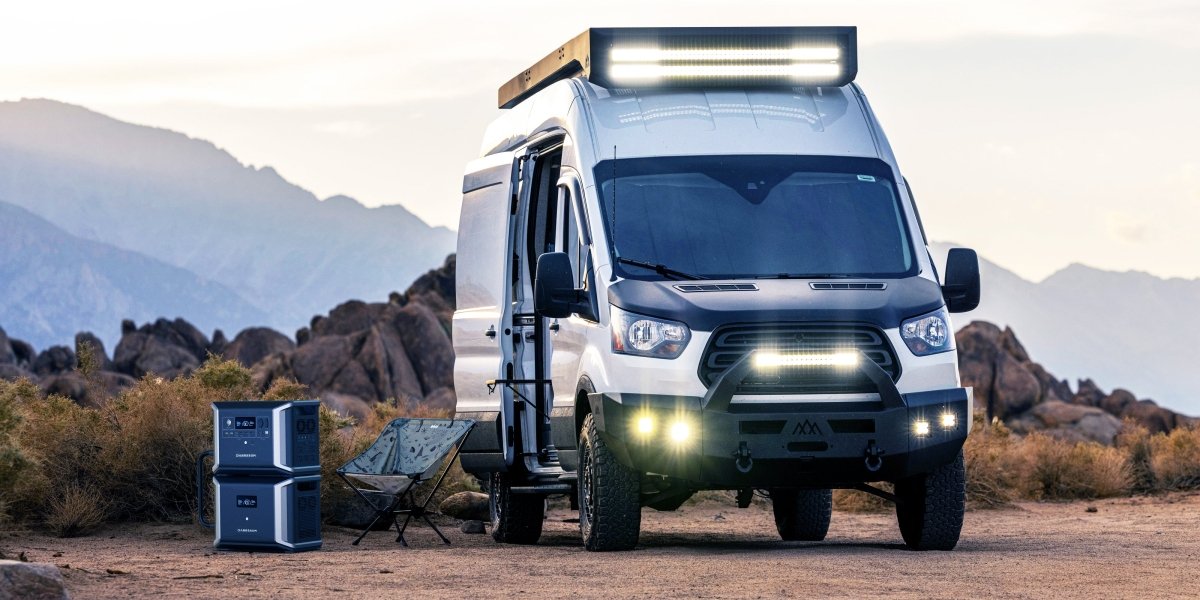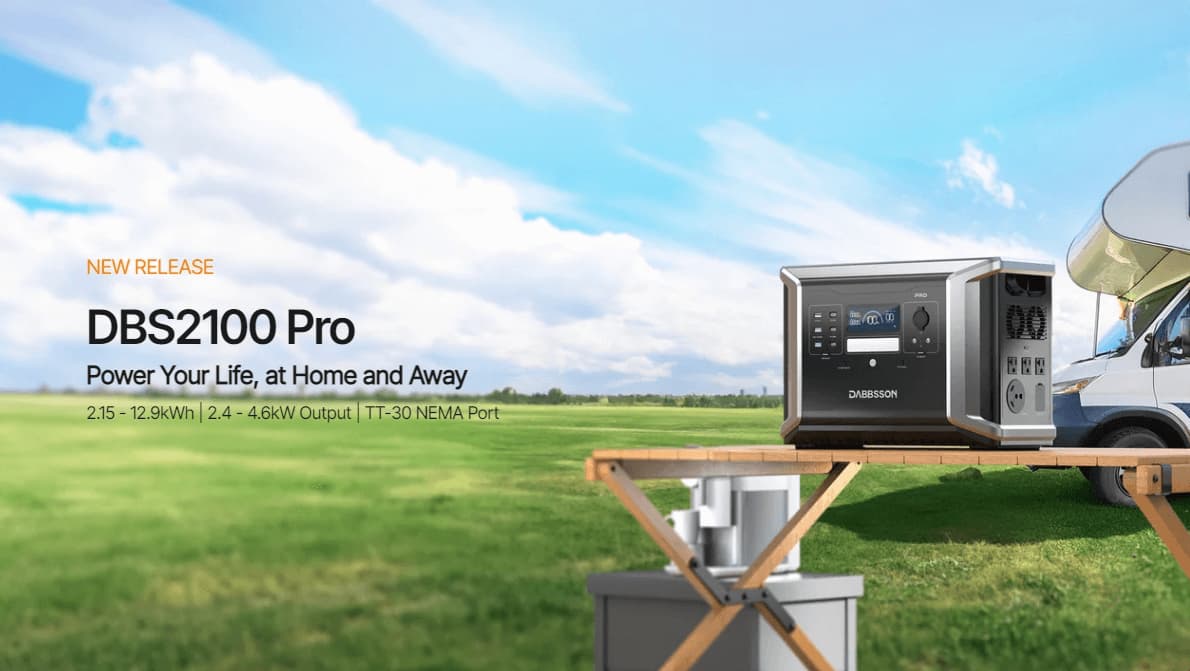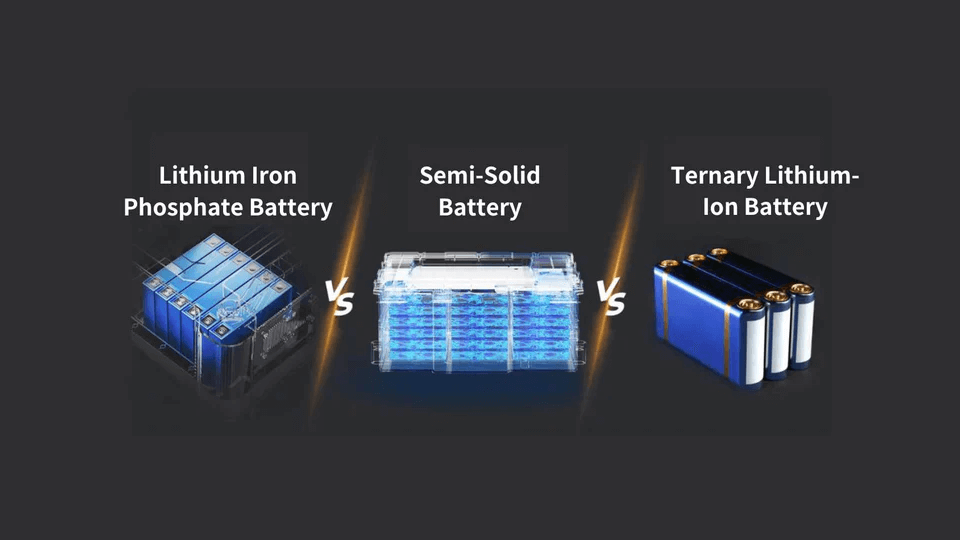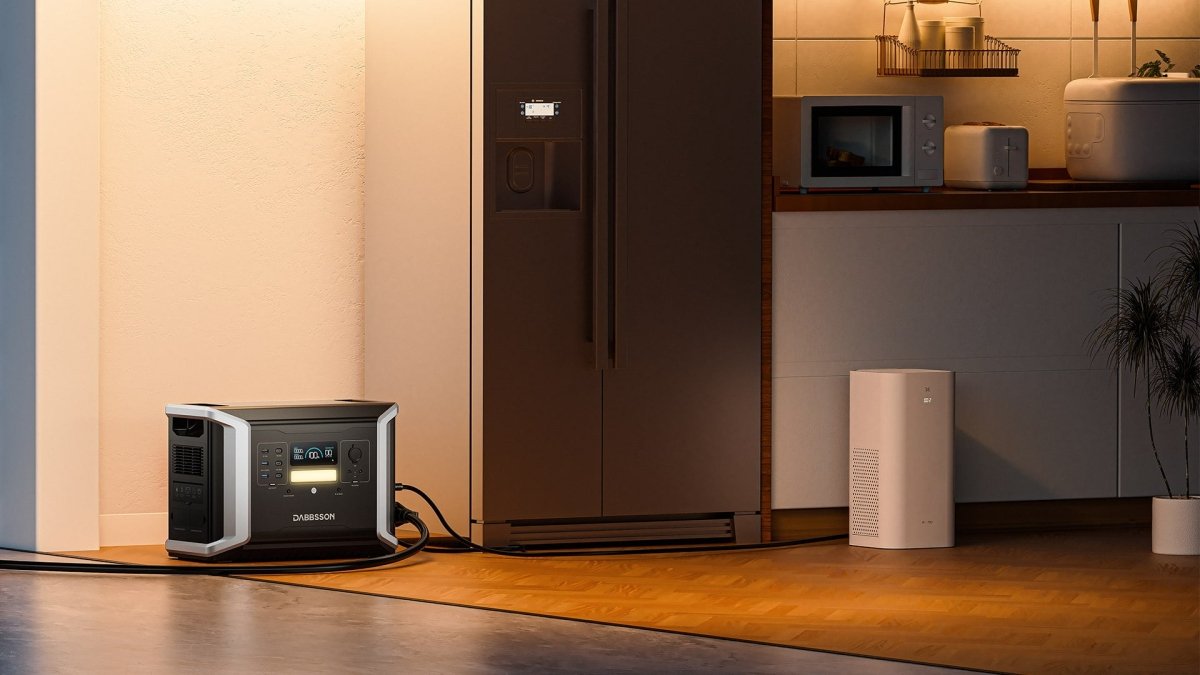RV shore power enables you to operate your recreational vehicle while it's parked. In this article, we'll delve into what shore power is, its functionality, whether it can charge your 12V battery, and if we can recreate it with a portable power station. Let's dive in!
What is Shore Power?
Shore power provides an alternative means of supplying power to essential functions of a ship, RV, or other heavy-duty vehicle without the need to run the engine. It's used when the vehicle is stationary and can connect to an external power source. This source, commonly called a 'power pedestal,' delivers AC electricity to the vehicle. For RVs and similar vehicles, the system typically operates on either a 30 amp or 50 amp setup.
Shore power offers great convenience for RV owners. However, depending on travel plan and campsite, you might need to pay for the electricity you use or manage without electricity at all. This is why you should always keep a alternative power source like portable generator or Dabbsson solar generator. Solar generator provide off-grid electricity storage and generation, and can be charged through various methods, including AC electrical outlets, generators, and solar panels.
Solar panels are one of the best option to charge your batteries on the road. By installing solar panels on the roof of RVs or bring portable solar panel with you on the road, you can charge with free energy wherever you go as long as there is sunlight to make sure that you can always have a dependable power source.
Will Shore Power Charge an 12V RV Battery?
The 12V RV Battery is responsible for powering small appliances on your RV like lights, fans, water pump and refrigerator. You can use these appliances on the road and without plugging into shore power.
Despite the 12V RV Battery use DC power, your RV has a built-in AC to DC inverter that will charge your 12V battery while plugged in shore power.
Do I Need to Disconnect My RV Battery When Connected to Shore Power?
When plugged into shore power, you should keep your battery connected. This ensures that your DC-dependent devices, which draw power from the 12V batteries, will be continuously topped up by the incoming AC electricity via the converter.
The exception is during long-term storage. In such cases, if your converter cannot detect the battery's charge and reduce it to a trickle charge, it may overcharge the battery over time. This issue primarily affects older recreational vehicles during extended periods of storage.

Final Thoughts
Shore power offers a quick and convenient solution, utilizing AC electrical plugs to directly power your AC-dependent appliances or charge your 12V DC battery, which in turn powers your DC-dependent devices.
But it does have its downfall: you'll need to plan your travels carefully to ensure you always stop at a campsite with shore power available. If you are planning to head deep into the wild, a backup power option like the DBS3500 or 2×DBS2300 Plus can be extremely helpful. With 3430Wh capacity, 3600W output, and a TT-30 plug for 30A RVs, it can power your RV directly like shore power and charge with up to 2400W of solar panels, ensuring you can always replenish your power source while on the road.
Popular Posts
-
How to Prepare for A FreezeOct 21, 2024









































Leave a comment
This site is protected by hCaptcha and the hCaptcha Privacy Policy and Terms of Service apply.